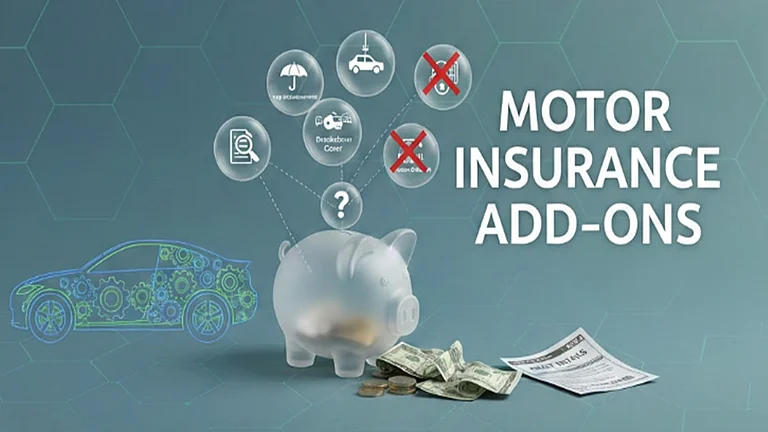Second-hand vehicles are an excellent option for consumers trying to save money while meeting their transport needs. While second-hand cars are budget-friendly finding the right one can be tricky because of the many risks involved in the used car industry. Here are five important tips to help you find a dependable secondhand car while avoiding frequent scams.
1. Set Your Budget
Begin your car-buying process by establishing your budget. Consider the overall cost of ownership, which includes the purchase price, insurance premiums, registration fees, taxes, and regular maintenance expenses such as oil changes and tyre rotations. Having a detailed budget allows you to prevent overpaying and make better-educated judgments when analyzing possibilities. Maintain a budget to prevent making impulsive purchases that might strain your finances.
2. Research About Car
Before you start purchasing, spend some time analyzing the specific car model you're interested in. Look into other buyers' reviews to learn about the car's performance, dependability and typical concerns. Check for any recalls associated with that model and confirm that the vehicle you're considering has been handled. Request maintenance and service documents from the seller to see how well the automobile has been cared for, which might identify possible issues and provide you with an advantage in negotiations.
3. Verify the Seller
Knowing who you’re buying from is critical. If you’re dealing with a private seller ask them about their ownership history and the reasons for selling the car. Look for red flags such as vague answers or reluctance to provide documentation. If you're using a dealer or an online platform, research their reputation using reviews and ratings. Reliable platforms often do background checks on their sellers, which may provide assurance and security.
4. Inspect the Car Carefully
Make sure the car is inspected in person whenever possible. Bring along a reliable mechanic who can find problems you might miss. Check for leaks, bodywork, and corrosion on the vehicle. Examine the tires for uniform wear, since this may suggest appropriate upkeep. Take a test drive to assess the vehicle's brakes, handling and engine performance. Also, verify the car history data as well.
5. Pay Attention to Mileage
Mileage can give information about the vehicle's usage and potential existence. A car with unusually low mileage for its age may raise concerns, it might suggest that the vehicle was not driven on a regular basis, which can lead to mechanical problems as a result of lack of usage. If the mileage looks too wonderful to be true, it might indicate that the odometer has been tampered with. Always check the mileage against the car's service records and consider the typical mileage for similar cars.













